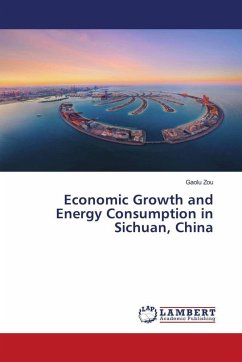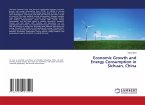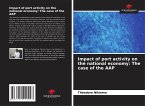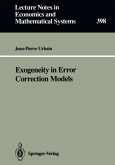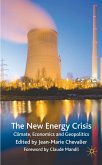This book examines long- and short-run relationships between economic growth and energy consumption from 2013Q1 to 2020Q4 in Sichuan Province, China. Sichuan is a crucial energy supply base in China. It is very rich in hydropower, natural gas, and shale gas resources. But there is a lack of crude oil. The main methods include cointegration, Granger causality, weak exogeneity, error-correction models, vector-autoregressive models, and variance decomposition. Series include GDP, overall energy consumption, and the value added in industry, agriculture, transport, finance, and real estate. GDP, industry, and agriculture are not cointegrated with energy use. Unidirectional Granger causality runs from GDP and industry to energy use. Neutrality exists between agriculture and energy. Transport and estate are cointegrated with energy. Transportation is a long-run determinant of energy use. Thereby energy-saving policy is advisable. Economists, policymakers, energy experts, college students, and postgraduates may be interested in reading this book.
Bitte wählen Sie Ihr Anliegen aus.
Rechnungen
Retourenschein anfordern
Bestellstatus
Storno

